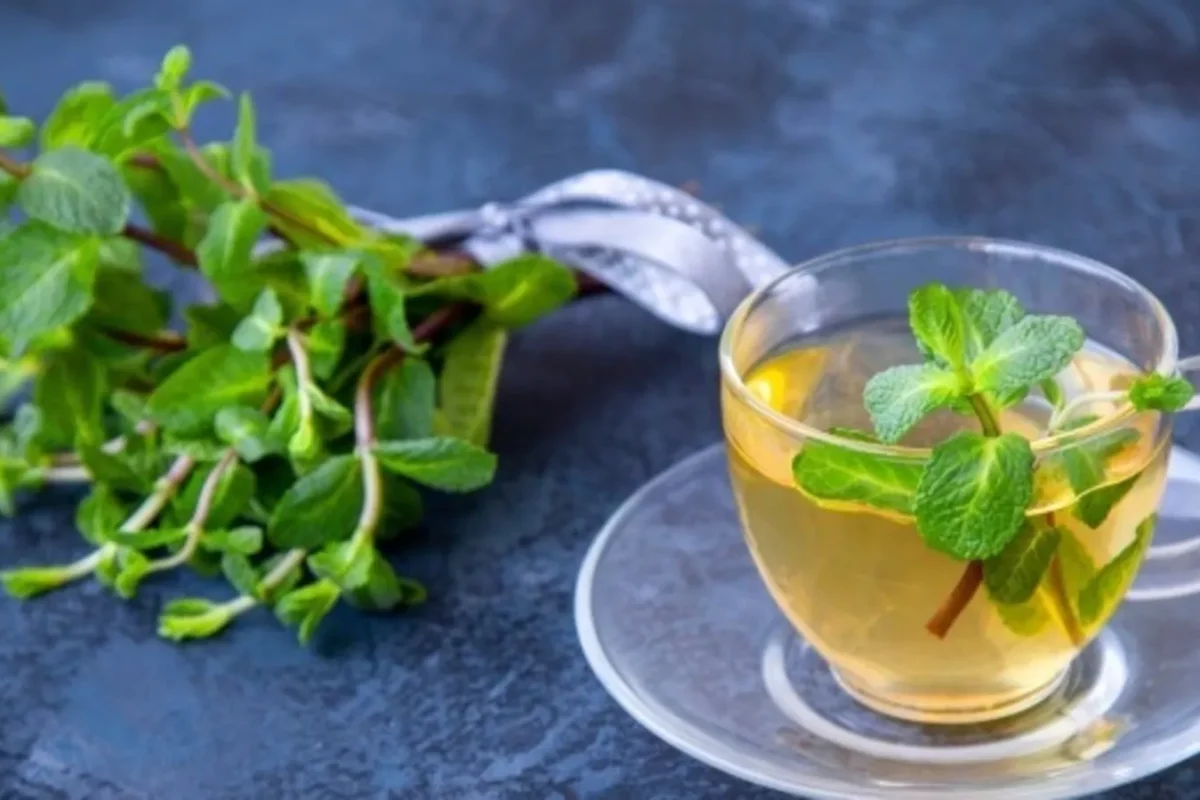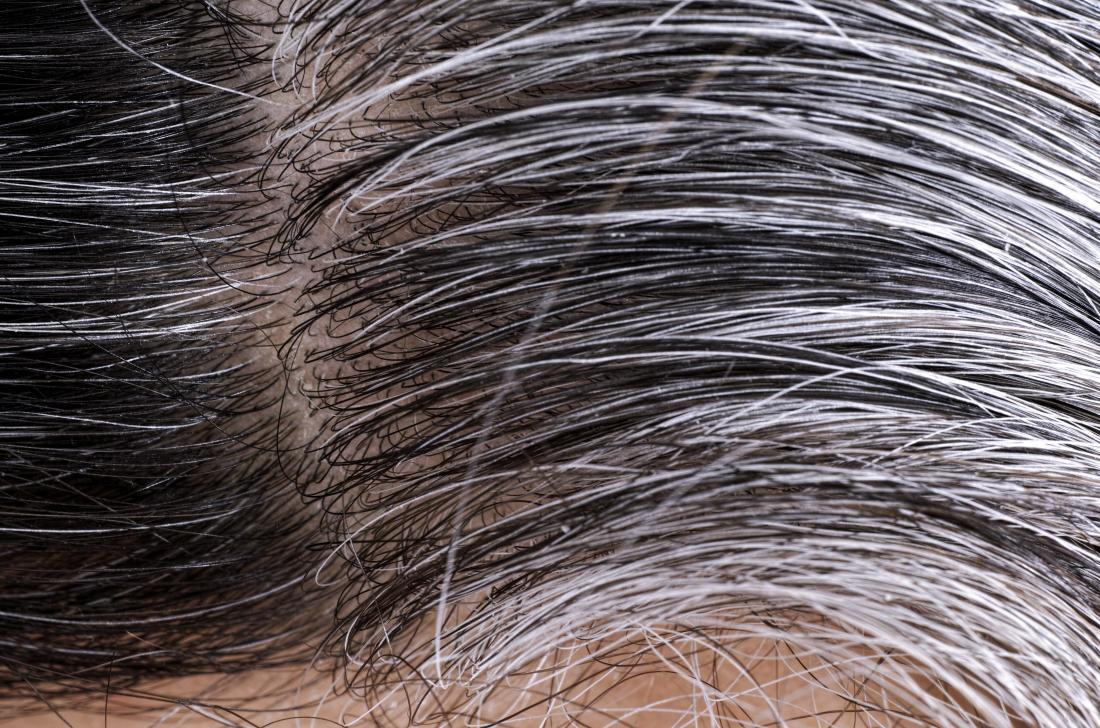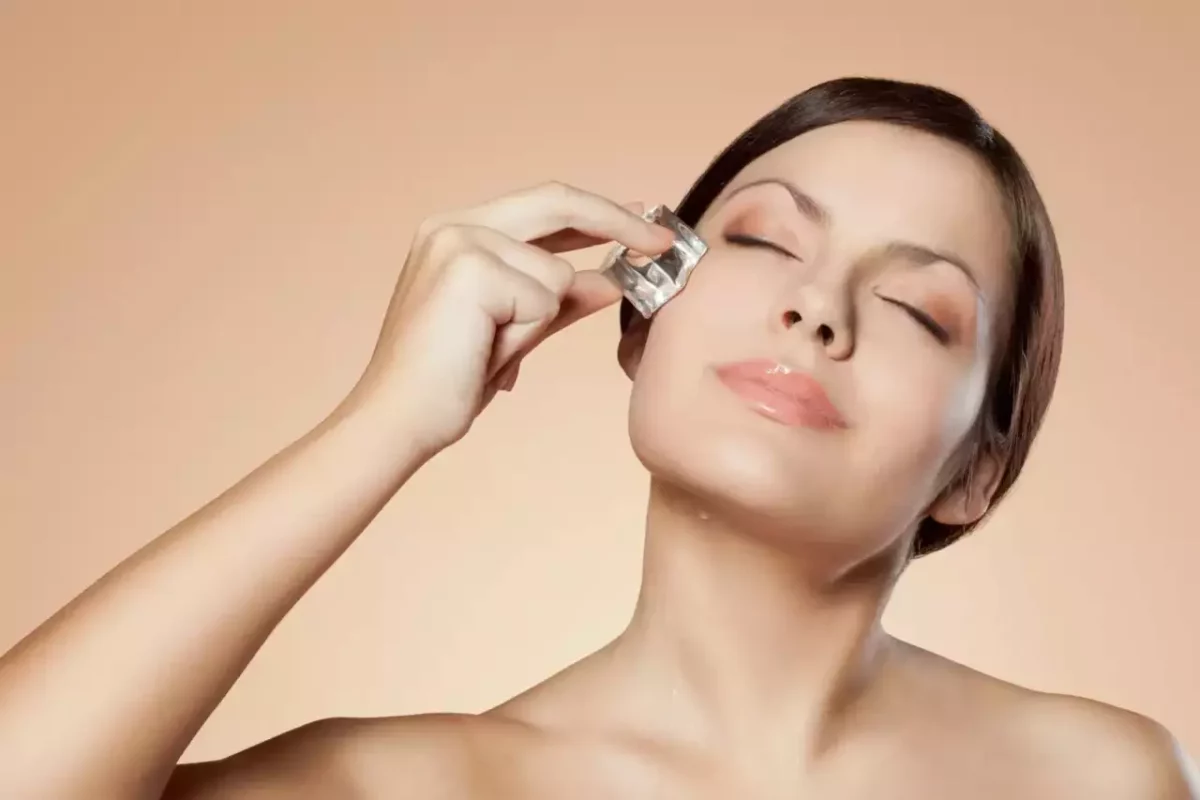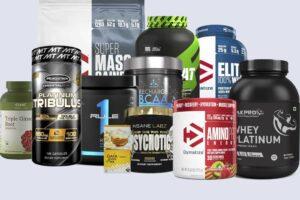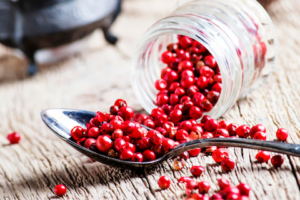During the winter season, the cold weather and low humidity levels can lead to dry and dehydrated skin. However, there are several home remedies and tips you can follow to keep your skin moisturized and healthy. Here are some winter skin care tips:
Hydrate:
Yes, hydrating your body is essential for maintaining moisturized skin, especially during the winter season. Here are some tips to help you stay hydrated:
- Drink water: Make sure to drink an adequate amount of water throughout the day. Aim for at least eight glasses of water or more if you engage in physical activities or have a larger body size. Water helps keep your skin hydrated from within.
- Herbal teas and warm beverages: Apart from water, you can also enjoy herbal teas and warm beverages like green tea or chamomile tea. These drinks provide hydration while offering additional benefits such as antioxidants and soothing properties.
- Eat water-rich foods: Include fruits and vegetables with high water content in your diet. Cucumbers, watermelon, oranges, strawberries, celery, and lettuce are some examples of water-rich foods that can contribute to your hydration.
- Limit caffeine and alcohol: Both caffeine and alcohol can have dehydrating effects on the body. If you consume these beverages, make sure to balance them with extra water intake.
- Monitor indoor humidity: Dry indoor air can contribute to skin dehydration. Consider using a humidifier to add moisture to the air in your home or office. This can help prevent your skin from drying out.
Remember that maintaining hydration is a continuous process, so make it a habit to drink water and consume hydrating foods consistently throughout the day.
Also Read: WELLHEALTHORGANIC.COM:5-HERBAL-TEAS-YOU-CAN-CONSUME-TO-GET-RELIEF-FROM-BLOATING-AND-GAS
Use a humidifier
Using a humidifier can be beneficial for keeping your skin moisturized during the winter season. Here’s how you can effectively use a humidifier:
- Choose the right humidifier: There are various types of humidifiers available, such as cool mist, warm mist, evaporative, and ultrasonic humidifiers. Select one that suits your needs and budget. Cool mist and ultrasonic humidifiers are generally recommended as they are safe and effective.
- Place it in the right location: Position the humidifier in the room where you spend the most time, such as your bedroom or living room. Keep it at a safe distance from walls and furniture to avoid any potential damage from moisture.
- Follow the manufacturer’s instructions: Read and understand the instructions provided with your humidifier. Each model may have specific guidelines for water filling, cleaning, and maintenance. Follow them to ensure proper functioning.
- Use distilled water: To prevent the release of minerals into the air and minimize the risk of white dust settling on surfaces, use distilled or demineralized water in your humidifier. Tap water can contain minerals that can leave residue or create a buildup in the device.
- Set the humidity level: Most humidifiers have adjustable settings for humidity levels. Aim for a humidity level between 30% and 50%. Too much humidity can promote mold growth, while insufficient humidity may not provide adequate moisture for your skin.
- Clean the humidifier regularly: Regular cleaning is essential to prevent the growth of bacteria, mold, or other contaminants. Follow the manufacturer’s instructions on how to clean and maintain your humidifier. Empty and refill the water tank daily, and deep clean the unit at least once a week.
- Monitor humidity levels: Use a hygrometer, a device that measures humidity, to monitor the levels in your home. This will help you adjust the humidifier settings accordingly to maintain a comfortable and optimal level of humidity.
By using a humidifier properly, you can add moisture to the indoor air, which can help combat dryness and keep your skin hydrated during the winter months.
Avoid hot showers
That’s correct! While hot showers may feel soothing during the winter season, they can actually contribute to dryness and strip the skin of its natural oils. Here’s why you should avoid hot showers and opt for lukewarm water instead:
- Stripping of natural oils: Hot water can strip away the natural oils that act as a protective barrier for your skin. This can lead to dryness, flakiness, and irritation.
- Increased water loss: Prolonged exposure to hot water can increase water loss from the skin. This can leave your skin dehydrated and more prone to dryness and itching.
- Dilated blood vessels: Hot water causes the blood vessels near the surface of the skin to dilate, leading to redness and flushing. This can exacerbate conditions like rosacea and make your skin more sensitive.
- Aggravation of skin conditions: If you have conditions like eczema or psoriasis, hot water can worsen the symptoms and trigger flare-ups. Lukewarm water is generally better tolerated and gentler on sensitive skin.
To keep your skin healthy and moisturized, it’s recommended to take lukewarm showers or baths. Here are some additional tips:
- Keep your shower or bath time short to minimize water exposure.
- Use a gentle, moisturizing cleanser that doesn’t contain harsh chemicals or fragrances.
- Pat your skin dry with a towel instead of rubbing it vigorously.
- Apply a moisturizer immediately after bathing to seal in moisture.
- If you enjoy the warmth of a hot shower, you can gradually decrease the water temperature over time to help your skin adjust.
By avoiding hot showers and opting for lukewarm water, you can help maintain your skin’s natural moisture balance and prevent dryness during the winter season.
Moisturize regularly
Absolutely! Regular moisturization is crucial for keeping your skin hydrated and protected during the winter season. Here are some tips for moisturizing your skin effectively:
- Choose a suitable moisturizer: Look for a moisturizer that is specifically formulated for dry or winter skin. Opt for thicker, cream-based moisturizers that provide intense hydration and create a protective barrier on the skin.
- Moisturize after cleansing: Apply moisturizer immediately after cleansing your skin. This helps to lock in moisture and prevent water loss. Use gentle, patting motions to ensure even application.
- Pay attention to problem areas: Focus on areas that are prone to dryness, such as the face, hands, elbows, knees, and feet. Apply an extra layer of moisturizer to these areas or use targeted products like hand creams or foot creams.
- Use moisturizers with beneficial ingredients: Look for moisturizers that contain ingredients like hyaluronic acid, glycerin, ceramides, shea butter, or oils like jojoba or almond oil. These ingredients help to hydrate and nourish the skin.
- Reapply throughout the day: Depending on your skin’s needs, consider reapplying moisturizer throughout the day, especially if you spend time in dry environments or have particularly dry skin. Carry a travel-sized moisturizer with you for on-the-go hydration.
- Don’t forget about lip care: Use a lip balm or lip moisturizer to prevent chapped lips. Look for products that contain ingredients like beeswax, shea butter, or vitamin E for added hydration.
- Customize for nighttime: Consider using a heavier, overnight moisturizer or facial oil before bed. This allows for deep hydration while your skin repairs and rejuvenates during sleep.
Remember to choose moisturizers that suit your skin type and address any specific concerns you may have. It’s also important to be consistent with your moisturizing routine to maintain healthy and moisturized skin throughout the winter season.
Also Read: WELLHEALTHORGANIC.COM:SOME-AMAZING-HEALTH-BENEFITS-OF-DRINKING-WATER-FROM-AN-EARTHEN-POT
Exfoliate gently
Indeed! Gentle exfoliation is an essential step in your winter skincare routine. Exfoliating helps to remove dead skin cells, improve skin texture, and promote better absorption of moisturizers. Here are some tips for gentle exfoliation:
- Choose a mild exfoliator: Opt for exfoliators that are gentle on the skin. Look for products with fine particles or ingredients like sugar, oatmeal, or jojoba beads. Avoid harsh exfoliants with large, rough particles that can cause skin irritation.
- Exfoliate no more than twice a week: Over-exfoliating can strip away the skin’s natural oils, leading to dryness and sensitivity. Limit your exfoliation to two times a week or as per the instructions provided with the product.
- Be gentle during application: Apply the exfoliator using light pressure and circular motions. Avoid scrubbing too hard or being rough on your skin, especially if you have sensitive or dry skin.
- Focus on dry areas: Concentrate on exfoliating areas that tend to be drier, such as the elbows, knees, and heels. These areas often require more attention to remove dead skin cells and promote smoother skin.
- Use exfoliating masks or enzymes: Consider using gentle exfoliating masks or enzymatic exfoliators. These products work by dissolving dead skin cells instead of physically scrubbing them off, making them suitable for sensitive skin.
- Moisturize after exfoliation: After exfoliating, follow up with a hydrating moisturizer to replenish the skin’s moisture and restore its barrier function. This will help keep your skin soft and supple.
- Avoid exfoliating if you have skin conditions: If you have active breakouts, sunburn, or any skin conditions like eczema or rosacea, it’s best to avoid exfoliation or consult a dermatologist for personalized advice.
Remember to listen to your skin and adjust your exfoliation routine as needed. If you notice any signs of irritation or excessive dryness, reduce the frequency of exfoliation or try a milder product. Always prioritize gentle exfoliation to maintain a healthy and radiant complexion during the winter months.
Protect your skin
Absolutely! Protecting your skin from harsh winter elements is crucial for maintaining its health and preventing dryness and damage. Here are some tips to protect your skin during the winter season:
- Wear appropriate clothing: Dress in layers to protect your skin from cold temperatures and harsh winds. Opt for breathable fabrics like cotton or wool and cover exposed areas with gloves, scarves, and hats.
- Apply sunscreen: Even during winter, UV rays can still damage your skin. Apply a broad-spectrum sunscreen with at least SPF 30 to exposed skin, especially on your face, hands, and any other exposed areas when spending time outdoors.
- Protect your lips: Use a lip balm with SPF to shield your lips from the drying effects of cold and wind. Reapply regularly throughout the day, especially before going outside.
- Use protective skincare products: Look for skincare products that provide an extra layer of protection for your skin. Use a moisturizer with antioxidants and nourishing ingredients to fortify your skin’s barrier function.
- Limit exposure to hot water and heaters: Excessive heat can dehydrate your skin. Avoid prolonged exposure to hot showers, baths, and direct heat from heaters. Instead, keep the water lukewarm and use a humidifier to add moisture to the air indoors.
- Stay hydrated: Hydration is essential for healthy skin. Drink plenty of water throughout the day to keep your skin hydrated from within.
- Avoid harsh skincare products: Steer clear of harsh cleansers, toners, and exfoliators that can further dry out your skin. Opt for gentle, hydrating formulas that are suitable for dry or sensitive skin.
- Maintain a healthy lifestyle: Proper nutrition, regular exercise, and sufficient sleep contribute to overall skin health. Eat a balanced diet rich in vitamins and minerals, engage in physical activity to improve blood circulation, and get enough rest for skin rejuvenation.
Remember, prevention is key when it comes to protecting your skin. By following these tips, you can shield your skin from harsh winter conditions and maintain a healthy and radiant complexion.
Use a lip balm
Certainly! Using a lip balm is an essential part of your winter skincare routine to keep your lips moisturized and protected. Here’s how to effectively use a lip balm:
- Choose a good lip balm: Look for a lip balm that contains hydrating ingredients such as beeswax, shea butter, cocoa butter, coconut oil, or almond oil. Avoid lip balms that contain harsh chemicals or fragrances that can further dry out your lips.
- Apply lip balm throughout the day: Regularly apply lip balm throughout the day, especially when you feel your lips becoming dry or chapped. Carry a lip balm with you wherever you go, so it’s easily accessible.
- Apply before bed: Apply a generous layer of lip balm before going to bed. This allows the product to work overnight, providing deep hydration and preventing dryness while you sleep.
- Protect from the elements: Apply lip balm before heading outdoors, especially in cold and windy weather. The lip balm acts as a barrier to protect your lips from harsh environmental conditions.
- Avoid licking your lips: Licking your lips can actually worsen dryness. The enzymes in saliva can strip away the natural moisture from your lips, making them even drier. Instead, reach for your lip balm when your lips feel dry.
- Exfoliate gently: If your lips are flaky or have dead skin buildup, gently exfoliate them to remove the dry skin. You can use a soft toothbrush or a lip scrub to slough off the dead skin cells. Follow up with lip balm to moisturize.
- Stay hydrated: Proper hydration plays a significant role in maintaining lip health. Drink enough water throughout the day to keep your body hydrated, which will also help keep your lips moisturized.
By incorporating lip balm into your daily routine and following these tips, you can keep your lips soft, supple, and protected from dryness and chapping during the winter season.
Wear protective clothing
Absolutely! Wearing protective clothing is an important aspect of winter skincare to shield your skin from the harsh elements. Here are some tips on how to choose and use protective clothing during the winter:
- Cover exposed skin: Wear clothing that covers as much of your skin as possible, especially when spending extended periods of time outdoors. Opt for long-sleeved shirts, pants, and skirts to protect your arms and legs from cold winds and low temperatures.
- Use layers: Dressing in layers not only keeps you warm but also helps to regulate your body temperature. Start with a moisture-wicking base layer to keep your skin dry, add an insulating layer for warmth, and top it off with a windproof and waterproof outer layer to protect against the elements.
- Wear a hat and scarf: Protect your head, ears, and neck by wearing a hat and scarf. These accessories help to retain body heat and prevent the loss of warmth from exposed areas.
- Choose appropriate fabrics: Opt for clothing made from natural fibers like wool or fleece, which provide insulation and retain heat. Avoid materials like cotton that can become damp and trap moisture against your skin, making you feel colder.
- Protect your hands and feet: Wear gloves or mittens to keep your hands warm and protect them from cold temperatures. Consider wearing thermal or moisture-wicking socks to keep your feet dry and insulated.
- Wear UV-protective clothing: Even during winter, the sun’s harmful UV rays can still damage your skin. If you’re engaging in outdoor activities during the daytime, consider wearing clothing with built-in UV protection or apply a broad-spectrum sunscreen to exposed areas.
- Don’t forget eye protection: Wear sunglasses or goggles that provide UV protection to shield your eyes from the sun’s rays and prevent snow glare, which can be particularly harsh during winter activities.
Remember to dress appropriately for the weather conditions and adjust your clothing layers as needed to maintain comfort and protection. By wearing protective clothing, you can minimize skin exposure to cold temperatures, wind, and UV radiation, helping to maintain healthy and protected skin during the winter season.
Also Read: WELLHEALTHORGANIC.COM:RED-CHILLI-YOU-SHOULD-KNOW-ABOUT-RED-CHILLI-USES-BENEFITS-SIDE-EFFECTS
Avoid harsh products
Absolutely! Avoiding harsh skincare products is crucial, especially during the winter season when the skin is more prone to dryness and sensitivity. Here are some tips on avoiding harsh products and choosing gentle alternatives:
- Read ingredient labels: Pay attention to the ingredient lists of skincare products. Avoid products that contain harsh ingredients like sulfates, alcohol, synthetic fragrances, and dyes. Look for products that are labeled as “gentle,” “mild,” or “suitable for sensitive skin.”
- Use a gentle cleanser: Opt for a mild, soap-free cleanser that cleanses the skin without stripping away its natural oils. Look for cleansers that are specifically formulated for dry or sensitive skin.
- Avoid excessive exfoliation: While exfoliating is beneficial, overdoing it can lead to irritation and dryness. Limit exfoliation to once or twice a week using gentle exfoliators with fine particles or enzymatic formulas.
- Choose fragrance-free products: Fragrances can be irritating to the skin, especially for those with sensitive skin. Opt for fragrance-free or products with natural, non-irritating scents.
- Avoid harsh toners and astringents: Some toners and astringents can be drying and irritating. Look for alcohol-free toners or soothing toners that help balance the skin’s pH levels without stripping away moisture.
- Opt for hydrating moisturizers: Choose moisturizers that are rich in hydrating ingredients like hyaluronic acid, glycerin, ceramides, and natural oils. These help to nourish and hydrate the skin without causing irritation.
- Patch test new products: Before applying a new product to your entire face, perform a patch test on a small area of skin to check for any adverse reactions or sensitivity.
- Consult a dermatologist: If you have specific skin concerns or sensitivities, it’s always a good idea to consult a dermatologist. They can provide personalized recommendations and guidance based on your skin type and condition.
By avoiding harsh products and opting for gentle alternatives, you can help maintain the health and balance of your skin, prevent dryness and irritation, and promote a more comfortable and nourished complexion during the winter season.
DIY face masks
Certainly! DIY face masks can be a fun and cost-effective way to nourish and pamper your skin at home. Here are a few simple and effective DIY face mask recipes using natural ingredients:
Honey and Yogurt Face Mask:
- Ingredients: 1 tablespoon of honey, 1 tablespoon of plain yogurt.
- Instructions: Mix honey and yogurt together until well combined. Apply the mixture to your face and leave it on for 15-20 minutes. Rinse off with lukewarm water. This mask helps moisturize and soothe the skin.
Avocado and Oatmeal Face Mask:
- Ingredients: 1/2 ripe avocado, 2 tablespoons of oatmeal (ground or finely blended).
- Instructions: Mash the avocado until smooth and mix in the oatmeal. Apply the mixture to your face and let it sit for 15-20 minutes. Rinse off with warm water. This mask helps nourish and hydrate the skin while providing gentle exfoliation.
Banana and Honey Face Mask:
- Ingredients: 1 ripe banana, 1 tablespoon of honey.
- Instructions: Mash the banana until smooth and mix in the honey. Apply the mixture to your face and leave it on for 15-20 minutes. Rinse off with lukewarm water. This mask helps moisturize and soften the skin.
Green Tea and Lemon Face Mask:
- Ingredients: 1 tablespoon of brewed green tea (cooled), 1 teaspoon of lemon juice.
- Instructions: Mix the green tea and lemon juice together. Apply the mixture to your face using a cotton pad or a clean brush. Leave it on for 10-15 minutes. Rinse off with water. This mask provides antioxidants and brightening properties.
Aloe Vera and Cucumber Face Mask:
- Ingredients: 2 tablespoons of aloe vera gel, 2 tablespoons of cucumber juice (blended cucumber).
- Instructions: Mix the aloe vera gel and cucumber juice together. Apply the mixture to your face and let it sit for 15-20 minutes. Rinse off with cool water. This mask helps soothe and hydrate the skin.
Before applying any DIY face mask, it’s recommended to cleanse your face thoroughly and perform a patch test to check for any allergic reactions. If you have any known allergies or skin sensitivities, it’s best to consult a dermatologist before trying new ingredients or recipes.










